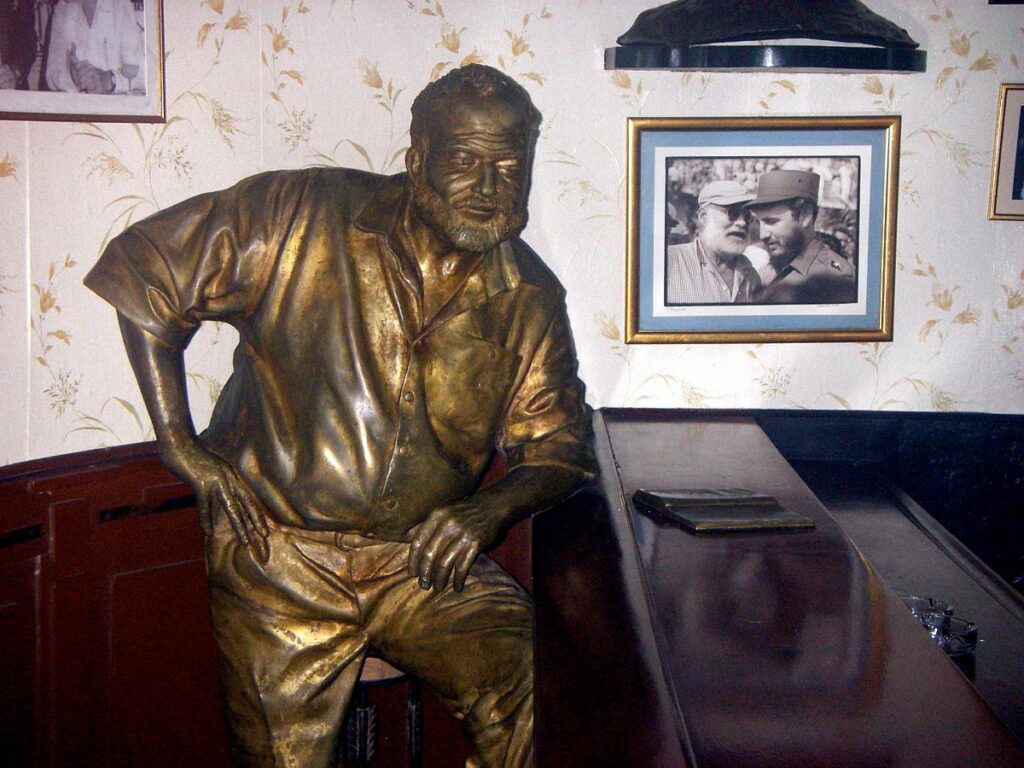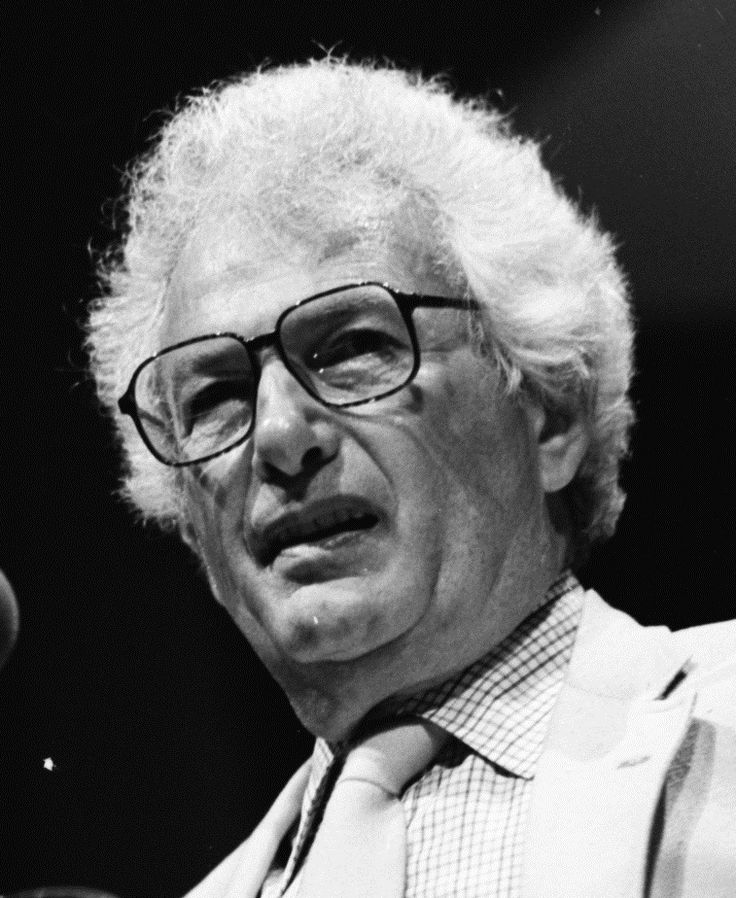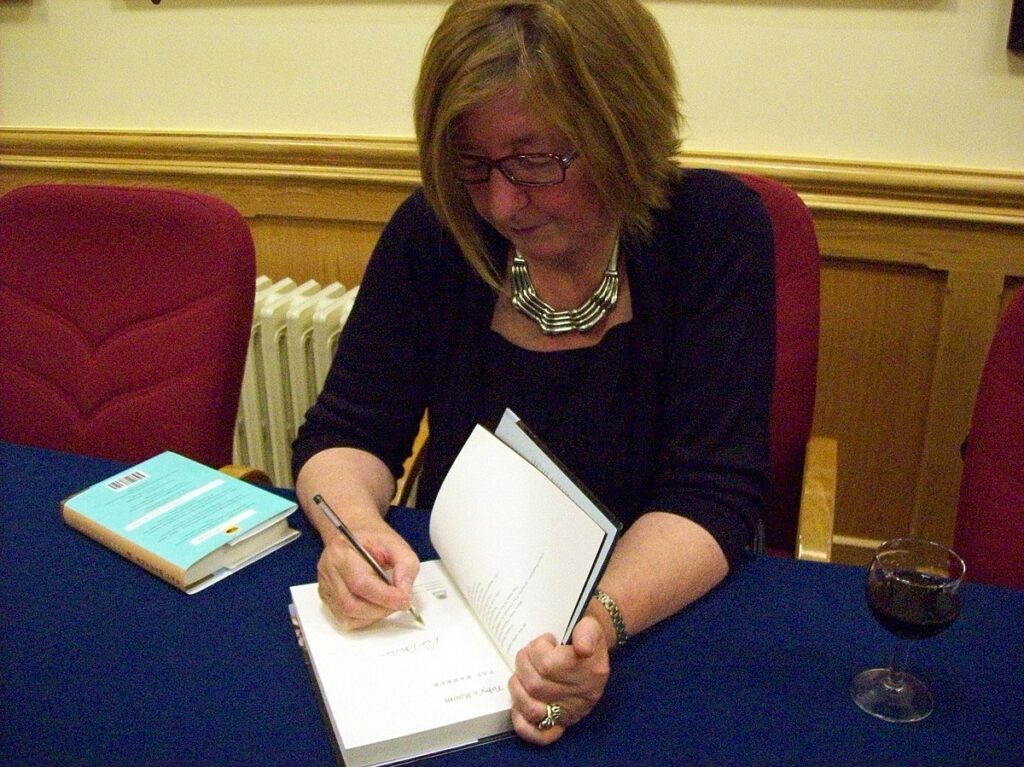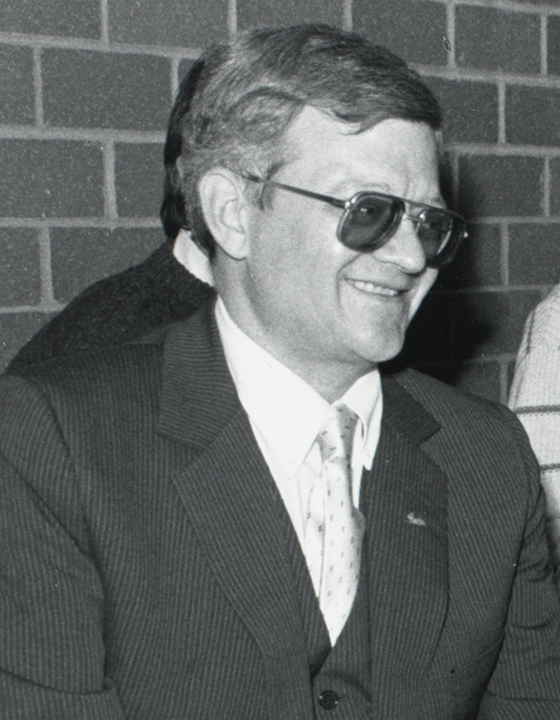The best war writers are Homer, Shakespeare, Hemingway, Heller, Clancy, and Barker. These writers have composed war writing in the form of epic poetry, theatrical play, historical account, journalism, and fiction. War writing is as old as writing itself, and perennially relevant.
What is War Writing?
Writing on the theme of war has existed for as long as writing itself. Arguably, cave paintings depicting conflict between man and animal, and human versus human, also fall into this category.
Sometimes war writing is presented in the form of historical accounts, such as Thucydides’ History of the Peloponnesian War which tells the tale of the battle between Athens and Sparta. A gripping read.
But sometimes authors write poems, and novels about war too. Creative accounts can take us more fully into the horrors of war, and shape a narrative so as to deliver thematic arguments more forcefully.
War writers have been revered throughout history, as they have oftentimes put themselves in harm’s way to record man’s inhumanity to man: journalism is such an avenue. Many journalists have been killed, or risked their lives for their war writing. Orwell was shot through the neck, and Hemingway was blown up multiple times, for instance.
Journalists rush to sites of conflict like Ukraine to report on what is being endured by the people there.
Homer

Homer is known as one of the early war writers, because his two great epic poems the Iliad and the Odyssey are concerned with the Greeks mounting an assault on the City of Troy to retrieve a famously beautiful women by the name of Helen.
The first of these epic poems tells of the Greek assault on the Trojan city, the second recounts the journey home of one of the Greek generals, Odysseus. In this way they form the basis for many contemporary war stories, which still take the form of either heading towards conflict, or the consequences in the aftermath of war.
As we can see, war writing takes place in every genre of writing. From poetry, to journalism, to historical account.
Shakespeare

Shakespeare, while not exposed to conflict himself (as far as we know), wrote extensively about the history of England, and the periods of civil war suffered by his country.
Henry V is one of his most celebrated plays, and depicts the battle between the English and French forces at Agincourt as part of the Hundred Years’ War.
He deals presciently with the psychological injuries suffered by soldiers in warfare. While sometimes ciriticised for the note of war triumphalism, this work particularly focuses on capturing the excitement young men feel around going to war, and helps us to understand how conflicts get started, and how we might take measures to avoid further conflicts.
Hemingway

Hemingway was a Romantic war journalist and war novelist: he was present at many of the great sites of conflict during his lifetime. He volunteered to join the Italian ambulance service during WW1 and was blown up several times – at one point having hundreds of pieces of shrapnel lodged in his body.
He was also present at the Spanish Civil War, and partook in WW2 as a writer (and literary celebrity), although modern accounts suggest he did take to the battlefield with a rifle, and may have been involved in several operations which resulted in the loss of Nazi life.
Hemingway had a very keen eye for injustice: he also was a master of finding the Romantic elements of war. The beauty of the landscapes, as well as the beauty of the sacrifice of the brave men and women of the battlefields.
Joseph Heller

Heller is the master satirising of the military way of life. In his most famous novel Catch 22, Heller depicts the madness that accompanies the men who are marched to war by their Governments. Far from the Romantic accounts provided by Hemingway, the sense of hopelessness and despair evident in the world created by Heller makes us fear ever being co-opted into such fruitless exercises.
Pat Barker

Barker is a highly decorated war writer, whose style has been hailed as direct, and plainspoken regarding the horrors of war, and also the psychological and lasting impacts of warfare on the individual. Her stories are particularly concerned with memory, and the recurring nature of war trauma.
Notably, she won the Booker Award for her novel Ghost Road. You can’t go past Barker for an honest and soul searching take on the war novel.
Tom Clancy

Clancy was an absolute titan of the popular war thriller novel, perhaps none so much as his first novel The Hunt for Red October (which was turned into a highly beloved Hollywood film).
Clancy might be accused of churning out novels with a focus on sales rather than art, but his works are detailed, and intriguing. They were often read by persons involved in the highest levels of Government, including US presidents, and he is hailed for a certain degree of prescience, predicting several events before they occurred.

